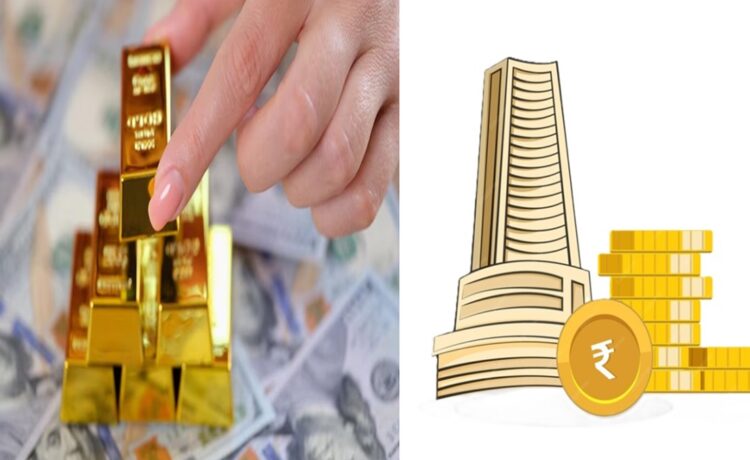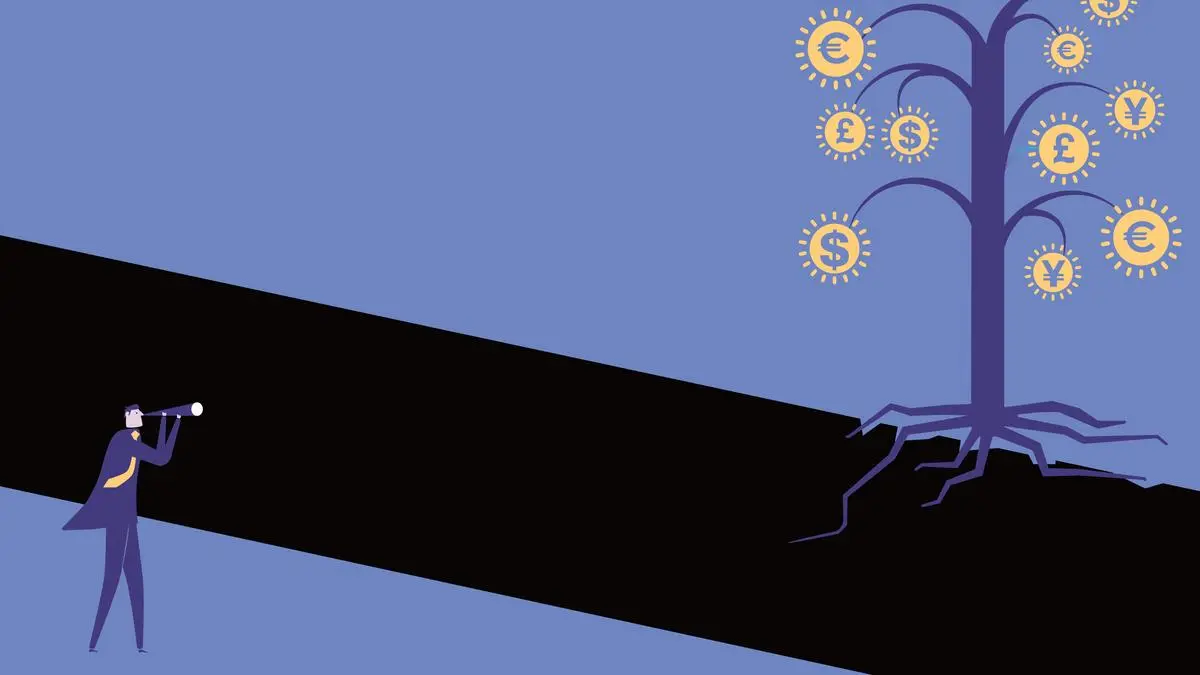What impact the Israel-Iran war can have on your investment portfolio. Time and again, it has been observed that geopolitical tensions have far-reaching impacts on various asset classes, including equity, currency, crude oil and various other commodity prices. Amid heightened geopolitical risks, people usually realign their portfolios and often turn to perceived safe-haven assets.
Currently, the Middle East is undergoing another turmoil after Iran and Israel engaged in a military tussle. Iran attacked Israel with hundreds of drones and missiles and the former’s proxies launched attacks on Israeli positions. Iran said its attack on Israel was in response to a strike on its consular building in Syria.
Both Iran and Israel are strategically located on the world map and hold significance in global politics and economics. As tensions grow in the region, global financial markets have started showing signs of instability. If the military tussle escalates into a full-blown war between both these countries, it will not only further destabilize the Middle East region, which has already borne the brunt of the Israel-Hamas conflict for several months, but also have detrimental effects on global trade and economy
Also Read: Mutual Funds: Key benefits of having index funds in your MF portfolio
Here, let’s take a look how the possible full-fledged war may impact the investment portfolio of a person who has invested in equity, currency, gold and other commodities.
Iran-Israel war’s impact on equities:
Global stock markets are likely to experience knee-jerk reactions on the first trading session of the coming week on Monday as investors are concerned over the fallout from Iran’s military attack on Israel. Market
It has to be seen how risk-averse investors react on Monday. There are some sectors such as defense, energy and technology which are sensitive to geopolitical instability. Iran and Israel have direct links to these sectors as Iran is a major global energy player while Israel has its dominance in the global defence and tech areas.
Impact on currency markets:
In turbulent times, investor sentiment in the currency market takes a hit. Safe-haven currencies like the US dollar get stronger because investors seek refuge in stronger currencies amid economic uncertainty. On the other hand, other currencies get weakened due to perceived risks.
The Indian rupee
Investors may take refuge in bullion:
Investors continue to see gold as a safe-haven asset in times of market volatility. At this time when global financial markets are staring at a possible plunge it is expected that precious metals like gold and silver
As investors shift from riskier assets to gold, demand for the precious metal is expected to rise, which in turn will result in higher prices for the precious metal.
Oil prices will surge:
As we know the Middle East is a major oil-producing region, and there are chances that oil production and supplies will be disrupted if the war prolongs. Any supply disruption will lead to a spike in crude oil prices. This will have a major impact on global food and commodity prices, with countries already battling price rise situations that arose after the Russia-Ukraine war and the Israel-Hamas conflict.
Impact on other commodities:
The Iran-Israel war may also hurt other commodity markets, depending on the regions involved. As Israel is a prominent tech supplier to the agriculture sector globally, any escalation in the war situation in the region is likely to disrupt crop production and supply chains, which may lead to higher agricultural commodity prices.
In conclusion, the Iran-Israel is threatening stability in global financial markets. The tussle for a longer period will lead to increased volatility in stocks, currencies, bullion, oil and other commodities.



